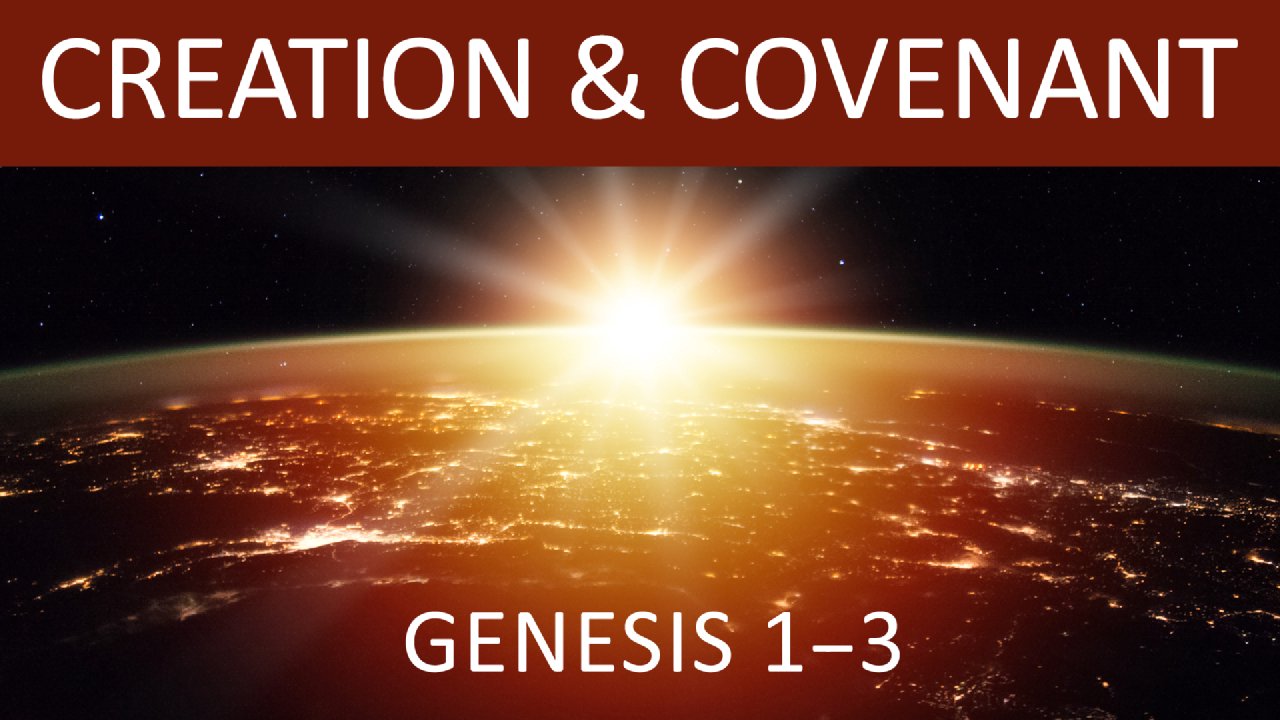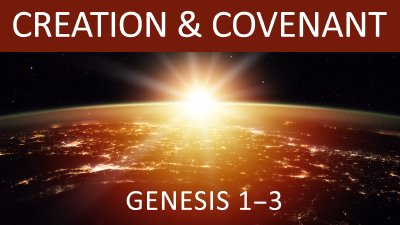On Sunday we come to the last part of Genesis 2. Early this year, we spent some time in this section of Scripture when we looked at the Business of Is-Ness: Ontology 101. In that series we considered the nature of humanity, male and female, marriage and more.
In so many ways, the ethical problems of our day (e.g., transgenderism, so-called same sex marriage, abortion, the breakdown of the family, the rise of minor-attracted persons, etc.) pass through Genesis 2:18–25. Indeed, we could spend multiple weeks on these verses alone in order address the problems of our day. But instead of doing that, I would point you to the previous sermon series, Michael Clary’s recent book God’s Good Design (soon to be on the bookshelf), and Sunday’s sermon.
This Sunday, we will see the goodness of God’s plan to make his image male and female and the goodness of bringing them together in marriage. To prepare for Sunday, read Genesis 1-2 and Ephesians 5:15–33. Then pray that God would give us ears to hear what his Word says. I am persuaded that all of us are inclined to resist what Genesis 2:18–25 says. The deck is stacked against us today, as every form of education and entertainment teach us to think of ourselves as autonomous and self-directed individuals. Yet, Genesis 2:18–25 teaches something else. So, by God’s grace, let us come to Scripture seeking to see what it says.
As the Lord allows, I look forward to seeing you on Sunday and worshiping together our great triune God.
For His Glory and your joy in Christ,
Pastor David
As a reminder, the Manassas Community Group will be in overflow this Sunday.
--------------------------------------------------------------------------------------------------------
Discussion & Response Questions (Genesis 2:18–25)
What does this passage add to the creation story?
Who is the author / definer of marriage? What is the purpose of marriage?
Consider Genesis 2:18. What does it mean that man’s aloneness is “not good”? How does this relate to God’s statement of creation being “very good” (1:31)?
What kind of help should be understood in 2:18? Who is called “helper”? Why does this matter?
How should we understand the significance of man being formed first, and then woman being formed from man? This work of creation is different from all other creatures. Why?
How does the creation of man and woman inform men and women today? What does the covenant between the man and woman tell us about men and women today?
How does marriage point us to Christ and the church? Consider Ephesians 5.
Consider Genesis 2:21-23 and John 19:34. What parallels do you observe between Adam and Christ?
How do the moral imperatives of Ephesians 5:22-33 restore the pattern of marriage in creation?
What does this passage teach singles? Married? Christians? Unbelievers?






